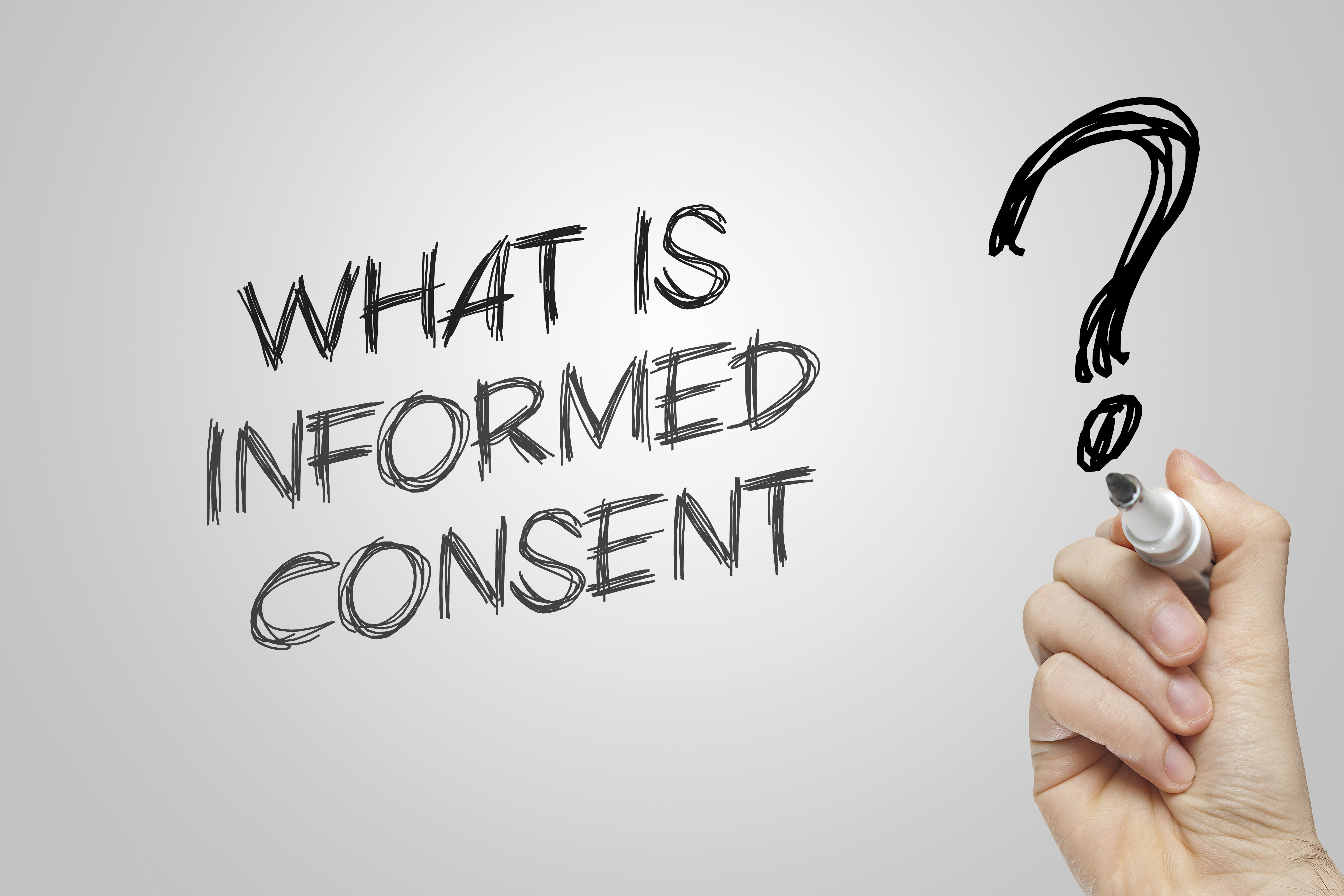Every week, this issue comes up. I perhaps presciently wrote my law honours thesis on consent in 1998 (!). Its here to read if you are really bored.
But it continues to be an issue in these times of more complex dentistry.
Patients cannot validly consent to treatment they do not understand.
This happens frequently in complaints and notifications by patients.
If the consent process is followed and clinical notes are accurate, many such issues would not be the subject of the complaint.
If a patient understands what is being done and has had warnings as to risks in writing and has a costs disclosure, then most of the work is done in this regard.
There are a number of types of consent that need to be considered by practitioners when they are advising people as to courses of treatment.
Unfortunately the Tribunals and Boards use the words ‘informed consent” which is arguably not an appropriate term, having an origin in the United States, but consent is an issue of judgment by both practitioners and patients in the scheme of things although ultimately this can fall to a Court.
In other words patients and dentists may have a different view on whether valid consent exists. But patients will only complain or allege a failure to have been given valid consent where they believe they did not understand what was being done, why it was being done and that they did not agree to that treatment.
If you have questions about consent, then I can probably help. Call 07 3007 1777 or email if you need assistance.
The above commentary is not intended and should not be relied upon as legal advice. Every situation is different and these generalities are merely observations. If you need advice about your particular situation, then seek individualised advice from an appropriately experienced and qualified legal practitioner.


